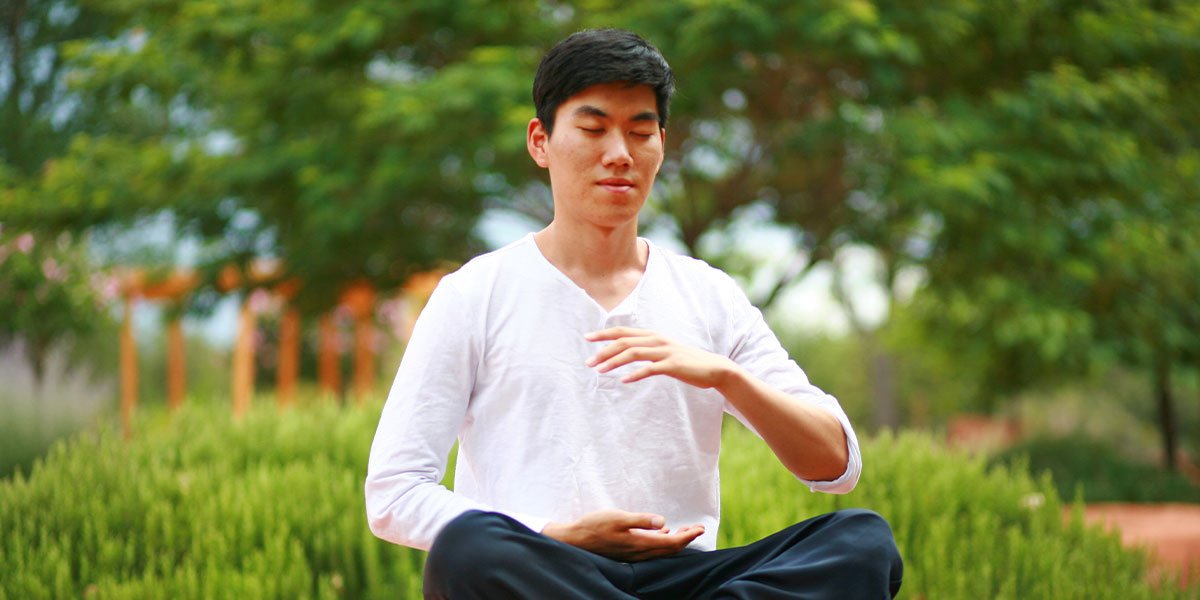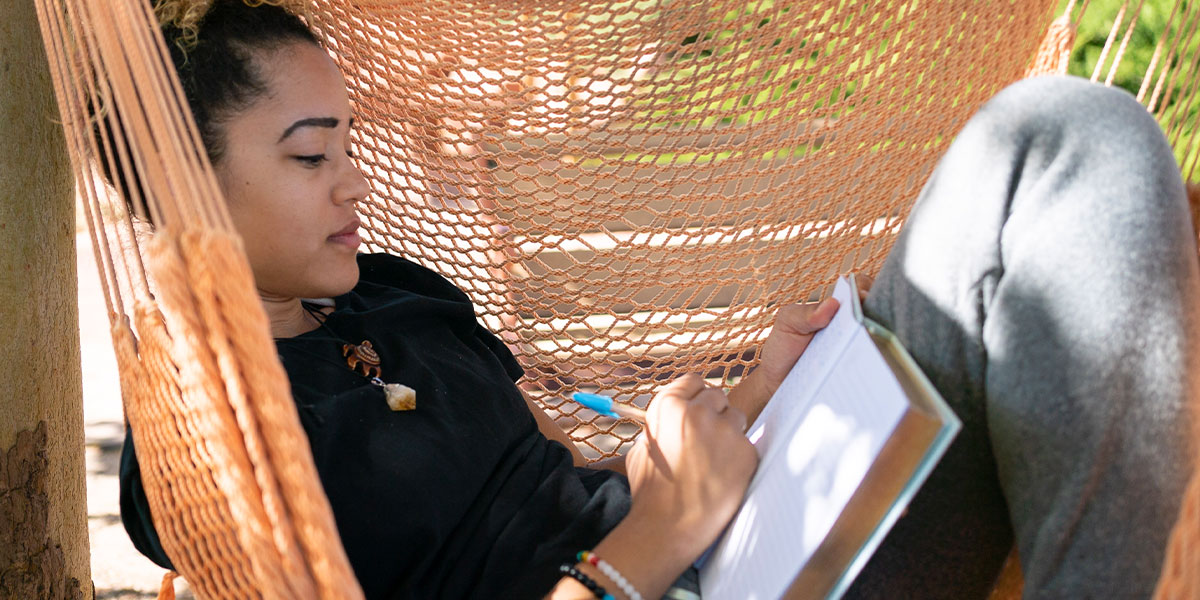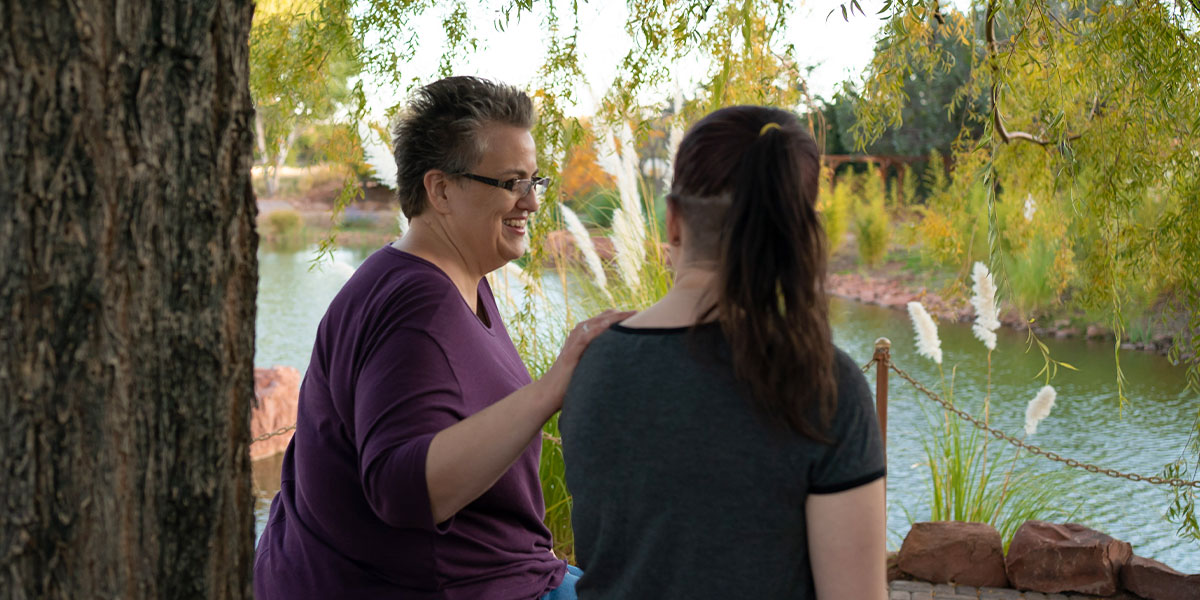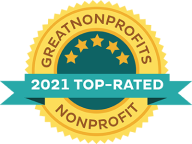What does it mean to love “unconditionally”?
At Sedona Mago, we hear this question all the time.
Most people believe unconditional love simply means to love someone without expectations of return. On its face, this is partially true—but there is much more to love, let alone the “unconditional” kind.
In the study of Tao, our understanding of love begins 10,000 years ago. Back then, people lived in touch with nature and were more attuned to their spirits. They lived in harmony with the world and with one another by looking beyond their differences.
Then, something happened. Human nature took over.
We grew attached to the physical and emotional aspects of love. We wanted more—more than we could give; more than others received. Some believed their value far outweighed their neighbors.
And true “unconditional love” was lost.
Fear not. Unconditional love still exists, but only as the highest stage of a now fractured concept. As you increase your mindfulness and connect to your true self, it becomes only natural to love without judgment.
At Sedona Mago, we use the following pieces of information to open the minds of our guests, ground them in a calmer sense of being, and discover a more confident pathway to healthier love. Start with the following ideas.
“Love” as You Know It
Music, television, Hollywood, popular culture—all of these things have shaped our perception of what love should be. This month in particular, you may be thinking about romance and relationships in ways that validate this expectation quite a bit.
This is what we call “emotional love”. As its name states, it isn’t driven by romance. It is driven by emotion.
At Sedona Mago, we don’t discourage emotional love. We do, however, help guide people through their negative emotions and sometimes turbulent histories with emotional love.
Perhaps you’ve been in a romantic relationship like this before: a passionate, satisfying physical relationship that slowly devolves into negativity. Maybe you’ve been hurt, betrayed or wronged by someone you once held in high esteem. After an experience like that, you may come to hold an unfortunate opinion:
“Love is overrated.”
This emotional love is oftentimes like a flame: one day, a raging fire burning bright with romance; the next, flickering out into darkness. It is quantified by “give” and “take”, the constant and often unequal exchange of emotion that fosters an unhealthy need for emotion. When that need grows, we become the antithesis of selfless love.
Unconditional love, on the other hand, never changes. And unlike emotional love, it doesn’t revolve around lovers, spouses, children and parents.
Before we explore further, let’s outline the evolution of love—and how “unconditional love” grows.
The Three Stages of Love
In the study of Tao, we believe there is an evolution of love: three stages of love we can experience as we increase our mindfulness and awareness of true self. Each has a lens of focus. As you’ll soon read, this lens gets wider and wider with each stage of evolution.
The first stage of love is called Hyo, which focuses on loved ones. This is the stage of emotional love—the love you share with romantic partners, spouses and family.
Unconditional love at this stage is experienced often between parents and their children. Parents make sacrifices and devote everything to care for their children in youth. As the children become adults, their parents become elderly and require attention. Now adults, these children set their desires aside and devote time to loving their parents without limits. This is a small—but pure—representation of unconditional love, where people give selflessly to another.
Yet, there is a limitation to this kind of love. Familial love is beautiful, but it does not bring peace to mankind.
The second stage is called Choong, and it focuses on one’s love for community. As you begin to open up to your true self, entering a space of nature and acceptance, you will feel a strong desire to share your love beyond your family and blood. This stage of love is often expressed in one’s unconditional love for community and country. For instance, people may go to war to serve their country’s military or risk their lives to help those suffering from a natural disaster.
If your love is a watering can, think of this stage like being a gardener—instead of simply watering the plants around your house, you feel compelled to water plants wherever you go, even if they blossom in someone else’s yard.
The third and final stage of love is called Tao. It’s English translation: “The Way”. When you have fully embraced and uncovered your true self—the energy of your spirit inside of you—you will realize there is truly no division between beings. There is no “my family” and another. There is no “my community” and “elsewhere”. With your true nature realized, all of humanity, all of nature and the whole of the planet becomes part of your love.
Unlocking Unconditional Love
You now know that unconditional love is only possible by peeling away the layers that conceal your true self. This is a process that takes time, effort, dedication and oftentimes requires expert guidance. The process of uncovering your being is complicated and arduous, but for the purposes of love, it begins with one simple message:
Your body is a system. That system is built to express love.
This system is a complicated network of meridian channels, acupressure points, and chakras, all in unique positions to control the flow of your energy and the expression of your emotions. When you’ve neglected your body, your mind and your spirit, your energy becomes blocked… and your heart feels empty.
It is of the utmost importance to care for your body—your energy system—so you can complete the love within your true self and give to others. That is how you achieve unconditional love.
Begin with your chakras. These seven points up and down the center of your body allow energy to flow through your being, unblocking and activating when you perform certain exercises, like whole body tapping. By using your fingers, palms and fists to firmly tap specific chakra-adjacent areas, you’ll be able to help activate the stagnant energy that enshrouds your true self.
For instance, by tapping your lower abdomen, you help activate the energy flow around your sacral chakra. This chakra “charges your battery,” so to speak. It helps you ground your emotions, connect with nature and shed the emotions that cloud your heart chakra, located in the center of your chest. You can also empower your sacral chakra by being mindful of your gut health and breathing deeply.

Next, focus on your throat chakra. It may be easier said than done, but you can open this chakra by letting go of physical attachments like personal desires and emotional pain. When the heavy energy in this chakra is purified, your energy expands, matures and flows outward to the world. With energy flowing freely through this chakra, your true self is free to express unconditional love and benefit everyone you meet.
We at Sedona Mago hope you seek unconditional love not because you seek romance or because you wish to increase your value. Rather, we want you to know that you are already valuable. Within you is a love that doesn’t require validation or replenishing from other people. You are complete as you are—as your true self.
Many people have this realization at one of our many retreats and programs. Even those who come to simply relax and enjoy the serenity of the red clay rock and surrounding beauty often leave having discovered this wonderful gift inside of them. We invite you to learn more, visit us soon and help us awaken the great love that exists within all of us.






